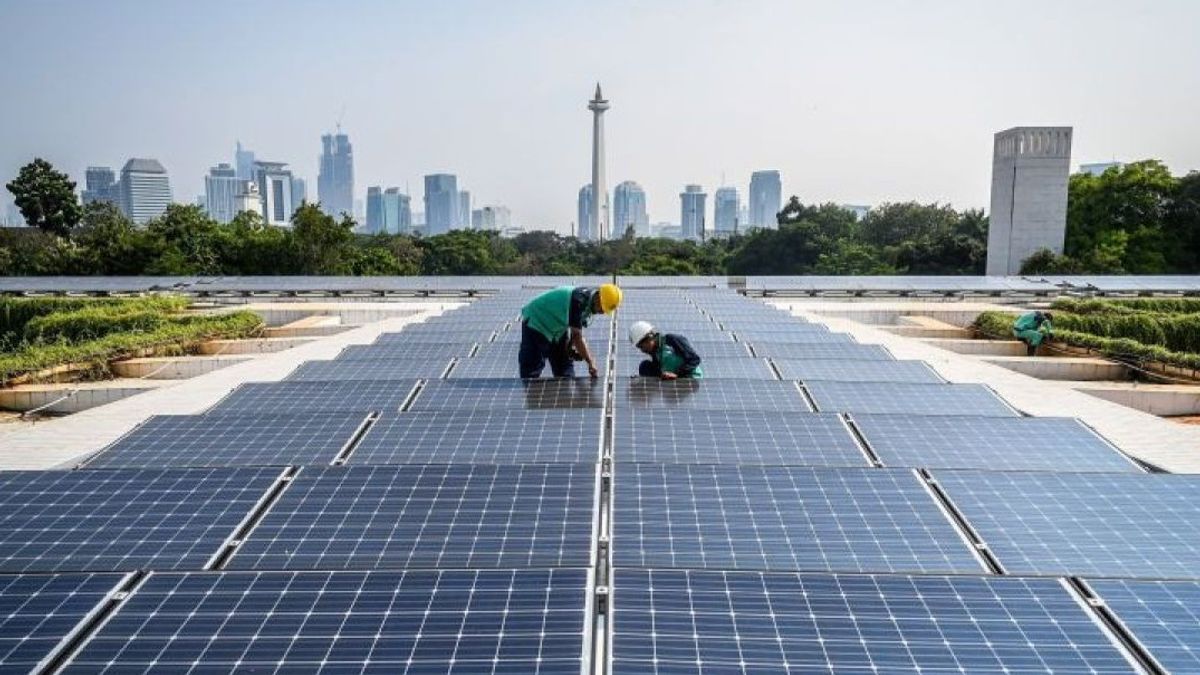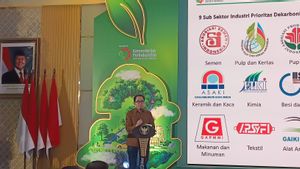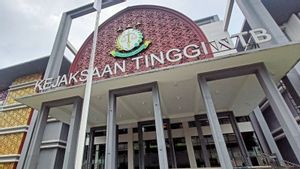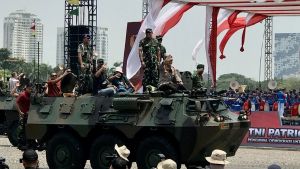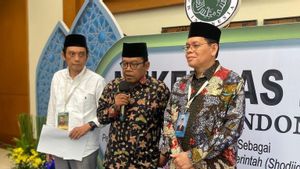JAKARTA - The use of new and renewable energy (EBT) in Indonesia is still not optimal. According to the Executive Director of CORE, Mohammad Faisal, the government has not maximized the potential for existing resources. As a result, the use of EBT in Indonesia is still far from the target set. By 2024, the government targets the national energy mix to reach 19.49 percent and is optimistic that it will reach 23 percent by 2025.
"EBT utilization is still far from the target, especially compared to the great potential of EBT in Indonesia such as solar power, wind, water, geothermal, and others," said Faisal, when contacted by the media crew, Monday, October 7.
He emphasized that accelerating the use of EBT requires strong political will and serious strategies from the government and related parties.
Faisal also highlighted that although the use of EBT requires large investments at the beginning, long-term production costs can be much cheaper. Therefore, he emphasized the importance of investment incentives to help cover high initial costs.
"Funds for EBT investment can actually be obtained from various sources, don't just rely on the APBN," he added.
Faisal suggested consolidating funds such as CSR, international funds, carbon trading, and others to fund EBT projects that require large investments in the early stages.
On the other hand, Star Energy Geothermal, a subsidiary of PT Barito Renewables Energy Tbk (BREN), will significantly increase its installed capacity in green energy.
Barito Renewables CEO, Hendra Tan, said the company would increase installed capacity through a refractioning project and add new capacities to support Indonesia's efforts to achieve the net zero emission target.
"By retrofitting and increasing the capacity of existing generators, we ensure a sustainable and efficient future for clean energy in this country," said Hendra.
He conveyed that it is projected that it will increase the installed capacity of Star Energy Geothermal by 102.6 MW with an estimated investment of 346 million US dollars.
The steps in increasing this capacity are the addition of new generators such as the expansion of Salak Unit 7 with the addition of 40 MW and Wayang Windu Unit 3 which can add 30 MW.
SEE ALSO:
Then, capacity building in existing units such as backscattering of Wayang Windu Units 1 & 2 with an increase of 18.4 MW, backscattering Salak Units 4, 5, and 6 which can increase 7.2 MW, backscattering of Darajat Unit 3 with an increase of 7 MW.
Then the collaboration of laboratory services with PT Pertamina Geothermal Energy Tbk, which focuses on sampling and geothermal fluid analysis to further improve operational efficiency and compliance with the principles of increased corporate governance.
The development of the projects above will increase the capacity from 230.5 MW to 278.9 MW in Wayang Windu, from 381 MW to 428.2 MW in Salak, and from 274.5 MW to 281.5 MW in Darajat.
The English, Chinese, Japanese, Arabic, and French versions are automatically generated by the AI. So there may still be inaccuracies in translating, please always see Indonesian as our main language. (system supported by DigitalSiber.id)
